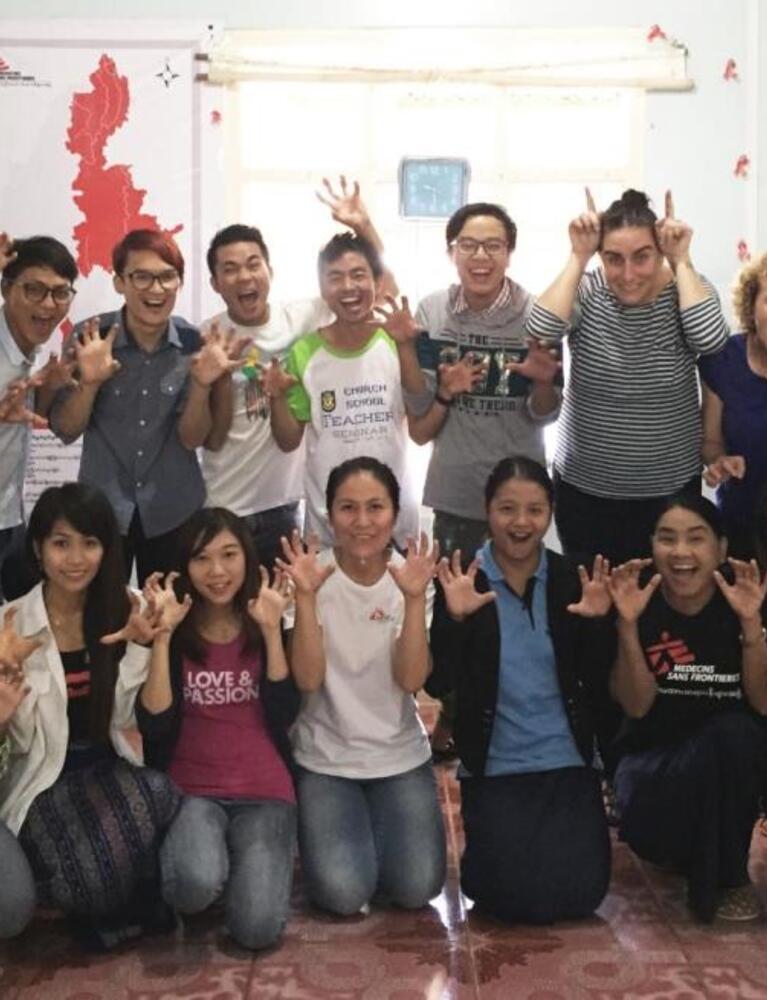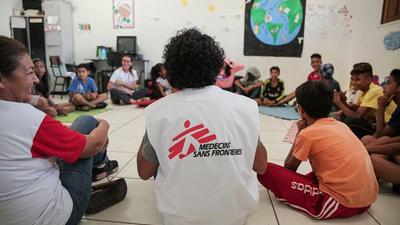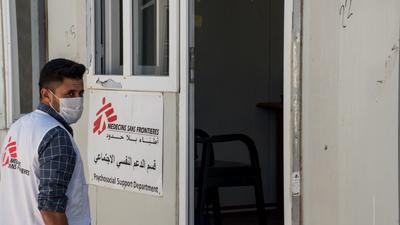In my previous life, my favorite pastime was performing improvisational comedy (improv).
Improv is a type of theater where the entire show is created on the spot, based on a random word or idea solicited from the audience.
It’s acting on stage without a script, props, or virtually any rules or structure of any kind.
Every practice, every performance, is totally unique and never repeated in exactly the same way - it’s unpredictable and at times extremely anxiety-inducing and/or embarrassing, but almost always super, super fun.
I’ve learned a lot from my years of classes and performances, including: flexibility and going with the flow, better teamwork and listening skills, comfort in public speaking, and, well, how to improvise.
That is, to produce something from whatever is available. Thinking and acting on the fly.
Breaking cultural barriers
You can probably see where this is going. That life with Médecins Sans Frontières/Doctors Without Borders (MSF) is basically one giant improv.
Not only have I had to learn the basic ropes of a new job (the rules and regulations, human resources structures, a new acronym-heavy vocabulary), but I’ve also had to adjust to living in a new, developing culture.
On top of that, I've had to learn how to cohabitate with my coworkers, who bring with them their own unique cultures, languages, and personalities.
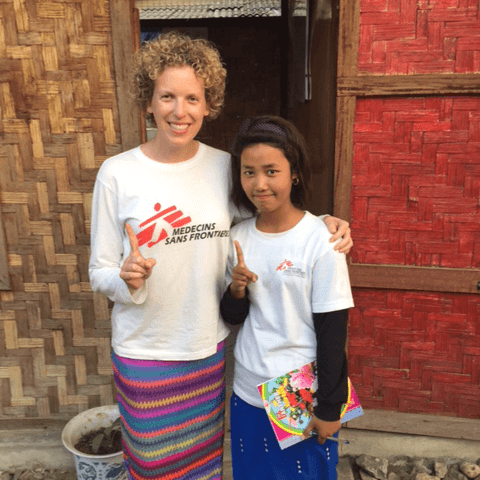
Then there’s the work itself, where even the most basic communications are complicated by language and translation barriers.
I work without the basic comforts that I’m used to—reliable internet; copy machines and fully stocked office supply cabinets; a temperature controlled, insect-less office; or even coworkers with similar backgrounds.
I previously worked in a large hospital with 30+ other psychologists.
Since March, I’ve been the only Mental Health Officer (MHO) in MSF Myanmar, so I can’t exactly easily phone-a-friend, much less walk to the office next door, for consultation or advice.
It’s been a steep learning curve, with more than its fair share of frustrating and wearisome moments.
Repeatedly, however, those improv skills of flexibility and going with the flow have proven to be invaluable.
When improv comes in handy
Altogether, improv has helped me with the good times just as much, if not more, than it’s helped me with my challenges.
Here are just a few memorable experiences where it came in handy:
- When, days after first arriving, I was handed a microphone at our clinic Christmas party and directed to sing Feliz Navidad.
- When teaching a seminar of 30 national staff about self-care and a male participant yelled out "what about sexual practice?" And then a female participant yelled "That doesn’t count because only married people practice sex!" And 30 heads spun towards me for my reaction.
- When a very young and sweet national staff coworker very innocently asked me, "Christine, is it OK to call my girlfriend a (vulgar word found in many rap songs)?"
Reflecting on how much improv skills have helped me in my work, I wanted to try teaching some of the games to our clinic staff.
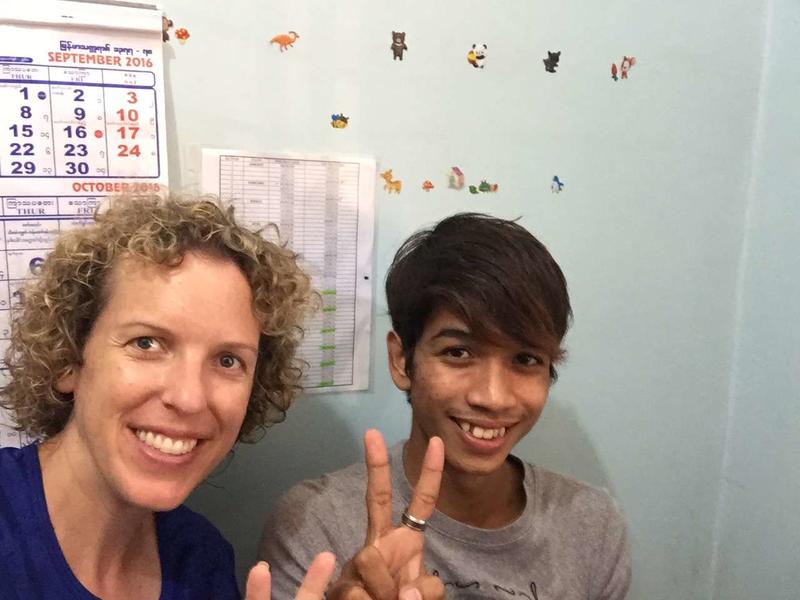
For the last couple of months, we've turned Friday mornings into Improv Fridays.
Here, available clinic staff gather for an hour of team-building activities.
These teach and reinforce a variety of communication skills, including: reading body language, monitoring one’s own body language and facial expressions, supporting coworkers, and working as a team to accomplish a goal.
[[Article-CTA]]
We also have a blast, and it’s quickly become one of my favorite times of the week.
Clinic staff have mentioned that they've gotten to know each other better, feel more comfortable approaching team members with problems or questions, and are more aware of how their verbal and nonverbal communication impacts clients.
The awesome power of improv!
The team have also caught onto the games quickly, and are learning from them. They've become more flexible week by week, and have really improved at thinking on their feet.
It may be time to shove a microphone in front of them and request Feliz Navidad.
After all, Christmas is right around the corner…
fInd out more About our work in myanmar



